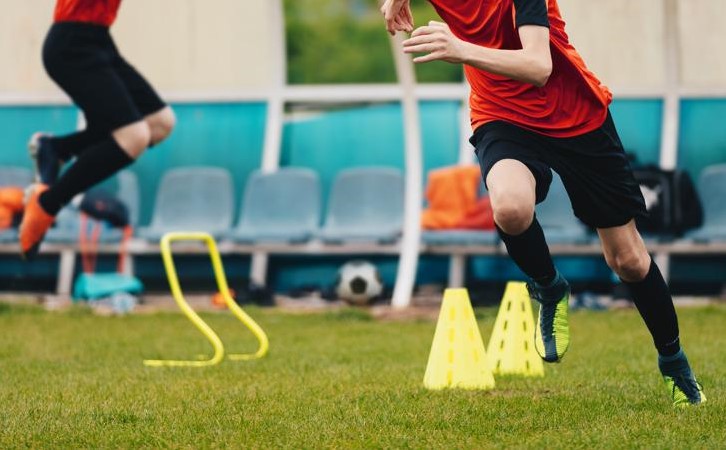

About the mental health of young athletes!
The sports context was no exception in the impact that the coronavirus pandemic had on human beings and social and professional contexts.
Throughout these months we started by promoting social distance to promote physical distance, use of masks, and disinfectant with alcohol. However, hesitations, doubts, and uncertainties about the future continue, especially with regard to youth football, where competition has not yet returned, and training is very conditioned and limited.
I would be lying if I said that I am not concerned with the mental health of young athletes because they adapt very well to adversity. It is true that they adapt; it is true that they have characteristics of resilience and tenacity that many other young people do not have, they also have big dreams and will, goals and prospects for the future that they can hold to keep their work at home and help them overcome the obstacles inherent in this virus, but it also depends on each one, each athlete is an athlete, and once they compete again in, many of them will feel great motivation and excitement, but many will experience levels of stress and anxiety never experienced before, along with frustration and negative emotions that will generate difficulties in performance and so on, like a snowball.
The concerns are not only related to mental health when returning to competitions, but also to mental health in the social aspects inherent to age and the practice of physical exercise. We must not forget the function that clubs and sport have in society, causing many young people with disruptive life trajectories to have a different and more adaptive trajectory.
It is therefore important to follow some recommendations, in order to prevent the worst scenarios:
- Accepting – accepting emotions, allowing yourself to feel them realizing that are expected to feel anxiety, frustration, fear, or having changes in sleep mood or appetite is also part.
- Socializing – don’t lose contact with colleagues, friends, coaches, and family, new technologies are very useful at this. You can share your experience and your strategies for dealing with this moment. It is important to foster a sense of belonging to the team.
- Focus – keep in mind your goal, organize your daily routines and focus on the present and turn difficulties into
- Exercise – maintain the practice of frequent physical exercise, adapt and acquire training
In cases of difficulty, start or continue working with a sports psychologist, who will assist and give appropriate strategies to you.
Get to know more about Soccer HUB!
Follow us on Facebook!
Categories
Latest Courses
-
9 Lessons
-
1 Lesson
-
6 Lessons
You May Also Like
- Blog
- August 1, 2022
- Blog
- June 3, 2022
- Blog
- May 27, 2022
Developed by Brandit Digital Media Services.





